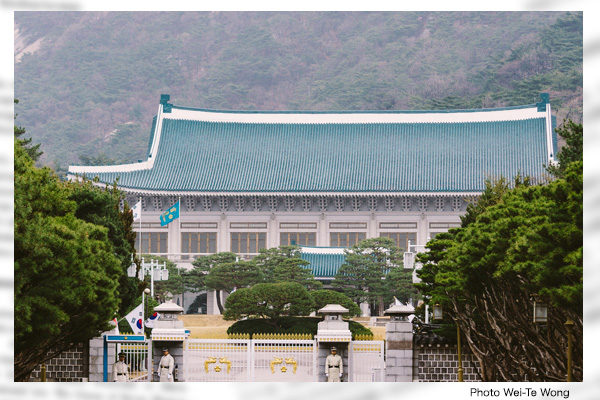In South Korea’s presidential election on March 9, opposition candidate Yoon Suk Yeol won by a narrow margin of only 0.7 percentage points. Polls before the election showed that Yoon had retained a lead of 5 to 10 points over his rival Lee Jae Myung from the ruling Democratic Party of Korea. The far-narrower-than-expected margin indicates a serious divide and political civil war in the country.
I authored a book in 2005 titled “South Korea’s Divide: Confrontation between Pro-Pyongyang Leftists and South Korea-U.S.-Japan Alliance Supporters” in which I brought up the domestic divide in South Korea. Even to me, the presidential election results came as a surprise, meaning that a nearly half of the voters supported the ruling party candidate Lee, a radical pro-Pyongyang leftist. Just after his victory was confirmed, Yoon vowed to give top priority to national unity beyond differences between regions, political camps and classes. But it would be very difficult for the president-elect to repair the divide and normalize South Korea.
Yoon had been a leftist hero
Yoon had been a prosecutor on the side of pro-Pyongyang leftist camp during the Park Geun Hye government and the early stage of the Moon Jae In government. He was not one of former professional revolutionaries who joined the Moon government en masse, but one of those who had been university students in the 1980s colored with anti-Japan and anti-South Korea historical views. Therefore, Yoon is not conscious of fighting against pro-Pyongyang leftists to normalize South Korea.
Yoon came into the spotlight in the early stage of the Park government when he investigated the National Intelligence Service’s alleged interference in the 2012 presidential election through Internet posting. He became a leftist hero by testifying at the National Assembly that the government obstructed his investigations. In fact, however, the NIS made the Internet postings to counter an organized North Korean interference in the election.
Yoon led the process of impeachment and arrest of Park and a 22-year imprisonment sentence against her as a senior prosecutor, gaining preferential treatments from Moon. He was responsible for arresting a former NIS director, a former defense minister and senior military officials who fought against North Korea under Park. He sided with pro-Pyongyang leftists until then.
When the Moon government tried to force a prosecution reform to substantially weaken prosecutors’ authority, then Prosecutor General Yoon stepped up investigations into alleged wrongdoings of then Justice Minister Cho Kuk who was in charge of the reform. At the same time, Yoon investigated the government’s suspected intervention in local elections and its alleged abuse of power to shut down nuclear power plants, confronting with Moon. He then became a conservative hero. This led Yoon to be picked as a presidential candidate in the opposition camp. He promised to enhance South Korea’s security cooperation with the United States and Japan during the election campaigns, but is not ready to fight against pro-Pyongyang leftists in various corners of South Korea to implement the promise.
A bumpy road ahead
Yoon has criticized the Moon government not for promoting a pro-Pyongyang leftist approach that would destroy South Korea’s liberal democracy but for applying a double standard to impede investigations into corruptions. The defeat of ruling camp candidate Lee has avoided for the time being the worst scenario in which the U.S.-South Korea alliance would be thrown into crisis and the whole of Korean Peninsula would fall into the hands of the totalitarian Chinese Communist Party and North Korea. This is the only achievement of the election. But President-elect Yoon who is not ready to fight against pro-Pyongyang leftists has a bumpy road ahead.
Tsutomu Nishioka is a senior fellow and a Planning Committee member at the Japan Institute for National Fundamentals and a visiting professor at Reitaku University. He covers South and North Koreas.


